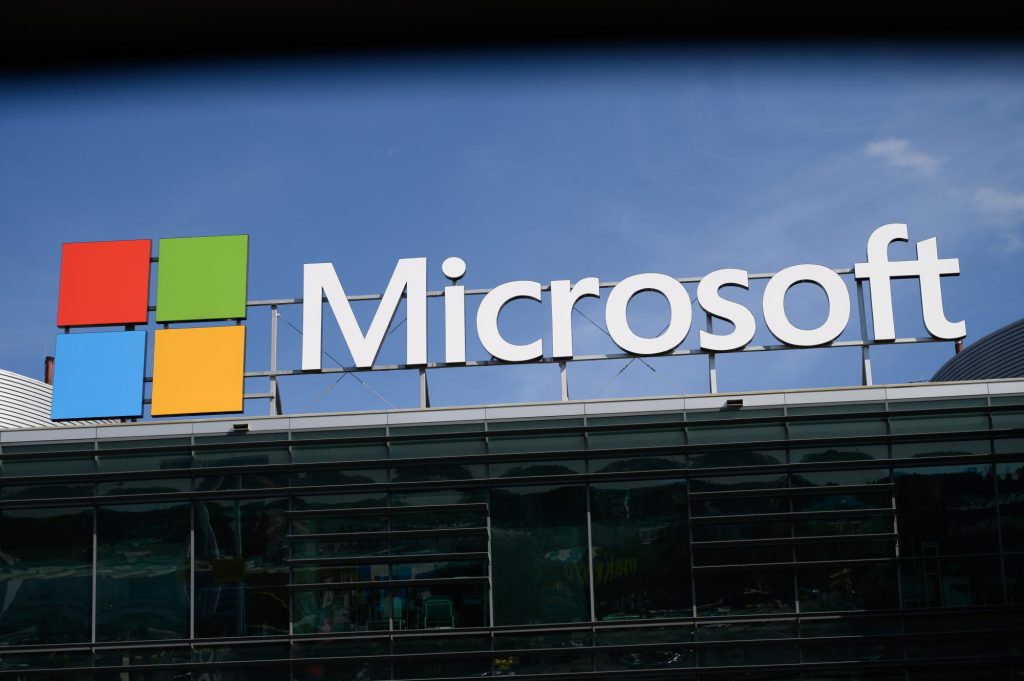In the rapidly evolving landscape of deep technology—encompassing artificial intelligence, semiconductors, and quantum computing—innovation has become a pivotal force driving global competitiveness. This relentless pursuit of advancement has led many companies to adopt more demanding work schedules, aiming to outpace international rivals. However, this intensification of work culture presents a complex challenge: how to maintain a competitive edge without compromising employee well-being.
The Emergence and Spread of the ‘996’ Work Culture
Originating in China’s tech industry, the ‘996’ work schedule requires employees to work from 9 a.m. to 9 p.m., six days a week, totaling 72 hours weekly. This practice gained prominence in the late 2010s, with influential figures like Alibaba’s founder, Jack Ma, endorsing it as a blessing. Despite its controversial nature and eventual classification as illegal in China, the ‘996’ culture has found traction in other tech hubs, including Silicon Valley. Reports indicate that as competition in artificial intelligence intensifies, startups in the U.S. are increasingly adopting this rigorous work model to accelerate development and innovation.
South Korea’s Regulatory Framework: The 52-Hour Workweek
Contrasting sharply with the ‘996’ model, South Korea has implemented stringent labor regulations to safeguard employee welfare. The standard workweek is set at 40 hours, with a permissible 12 hours of overtime, typically compensated at 1.5 times the regular rate. Employers violating these regulations face significant penalties, including fines and potential imprisonment. The 52-hour workweek policy was introduced in 2018 for large corporations and public institutions and was progressively extended to encompass all businesses, fully taking effect on January 1, 2025.
Special Provisions for High-Tech Sectors
Recognizing the unique demands of high-tech industries, the South Korean government introduced a special extended work program earlier this year. This initiative allows employees, with their consent and government approval, to work up to 64 hours per week, exceeding the standard limit. Specifically, for sectors like semiconductors, the approval period for extended work hours was temporarily increased from three to six months. However, reports suggest that only a limited number of companies have utilized this provision. Moving forward, the government plans to reduce these special exemptions and enforce stricter working-hour regulations, despite some lawmakers advocating that the current guidelines are adequate.
Industry Perspectives on Work Hour Regulations
The 52-hour workweek presents a significant consideration for investors and entrepreneurs in South Korea’s tech industry. Yongkwan Lee, CEO of venture capital firm Bluepoint Partners, highlighted the challenges posed by these regulations, especially in globally competitive sectors such as semiconductors, artificial intelligence, and quantum computing. He noted that during critical growth phases, founders and their teams often encounter intense workloads and extended hours, making the rigid work hour limits particularly complex to navigate.
Global Comparisons and Cultural Shifts
The discourse on work hours is not confined to South Korea. In China, the ‘996’ culture has faced substantial criticism, leading to a shift towards more balanced work schedules. Major companies like Midea have implemented mandatory clock-off times and prohibited after-hours meetings, signaling a move away from the previously prevalent overwork culture. This transition reflects a growing recognition of the importance of work-life balance and employee well-being in sustaining long-term productivity and innovation.
The Path Forward: Balancing Competitiveness and Employee Welfare
As South Korea’s tech sector strives to maintain its competitive position on the global stage, it faces the delicate task of balancing the need for innovation with the imperative of protecting employee welfare. The government’s approach to work hour regulations will play a crucial role in shaping the industry’s future. While the 52-hour workweek aims to prevent burnout and promote a healthier work environment, it also necessitates flexibility to accommodate the unique demands of high-tech industries. Striking this balance is essential to foster an environment where innovation can thrive without compromising the well-being of the workforce.



